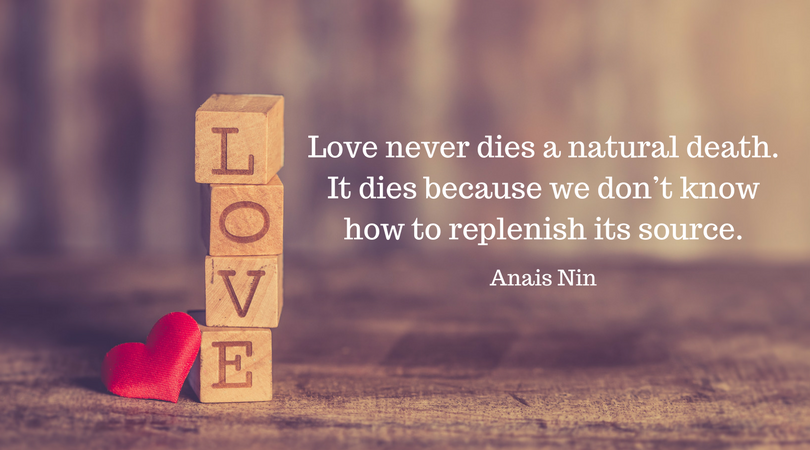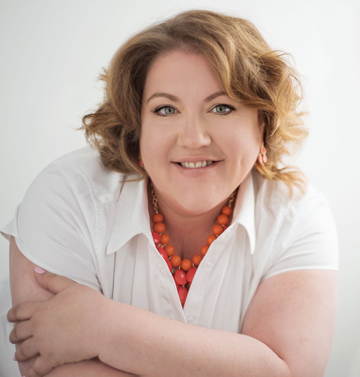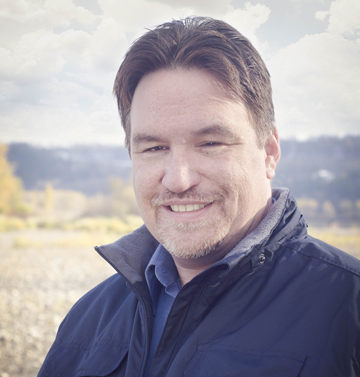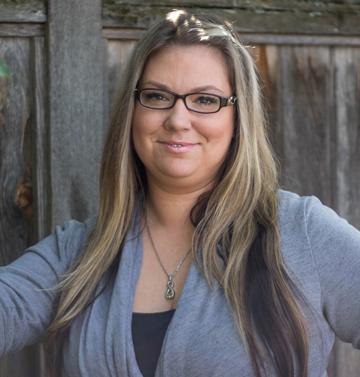Couples Therapy
When our love relationships are working, they can be the source of our greatest joy.
When they are not, they can be the source of our deepest pain.
And when they’re somewhere in between, they can leave us longing for more.
Why do so many of us, so often, find it difficult to navigate our romantic relationships with success?
Relationships are challenging for a wide variety of reasons. Our challenges may be any combination of our past experiences and trauma, social and cultural influences, media and pop culture stories, our own lack of clarity, and a general lack skills that support strong relationships.

Self protection can do more harm
When relationships aren’t working people go into a self-protection mode to avoid or prevent being hurt. But the things that they do when they’re trying to protect themselves are likely to be things that are harmful to their partners. So instead of thinking “OK my partner is hurting. How can I be there for them?” They think “Oh my partner is hurting. Their actions or lack of actions are negatively affecting, even ruining, my life.” And they try to minimize, quash or dismiss their partner which only makes the situation worse.
Knowing how to repair your relationship makes it stronger
It’s natural to pursue pleasure over pain. Therefore it’s understandable to want to run away from pain, or move on from a painful relationship. However, in life, pain is inevitable. It’s suffering that is optional.
It is inevitable that we will be hurt in our relationships. Old issues, our past hurts and wounds, are going to come up. We are going to be hurt. But it doesn’t have to become suffering. When we actually learn how to deal with the hurt and pain, and we work through it, so we can express it and feel it, then we can repair it. And here’s the thing to know about relationships: we’re only connected in our relationship about a third of the time. We’re disconnected about a third of the time. And for the other third of the time, we’re focused on repair. The most important of these is repair.
A good relationship is not the absence of pain. A good relationship is one in which a couple gets really good at how to repair because that is what strengthens the relationship. Their relationship actually becomes stronger. Much like a broken bone that is set and mended, that point of the break will actually become stronger than some of the other points along the bone.
Pain not addressed repeats itself & creates more distance
Conversely, if we don’t address the pain in our relationship, we are just going to repeat it. And then we are going to end up in more unconscious cycles where we’re consistantly hurting each other. The more that we hurt each other without repair, the more distance there will be between the two people. Our coping strategies, such as our walls and our defensiveness, will get bigger and broader. What may start out as a little distance between us will move into a great divide. That’s how people get to the place where their relationships break up. It’s not because they don’t care or because they say “I don’t love you anymore.” What’s really happened is that there’s been so much unresolved hurt, there’s so much armour between them that they can no longer connect.
Why can’t we just do the repair work ourselves? Why is counselling important?
Counselors are neutral third parties who don’t have a vested interest in the client’s relationship. We are here to advocate for a healthy relationship and not to take sides.
It’s important for clients to get emotional support from their friends and family. However friends and family tend to have a vested interest or a biased viewpoint, because they don’t want to lose their relationship with you. They also tend not to have the skills, knowledge, and experience that a counselor would have.
In terms of building the skill set that’s needed to support, repair and create successful relationships, it takes more than information, such as what can be learned from reading several books. It takes someone modeling the skills and guiding a couple in implementing and practicing skills that are new to them. This is where sessions with a couples counsellor really make the difference for real change to take place. Successful counselling outcomes are attributed to the therapeutic relationship by over 30% more than to the therapist’s skill or technique.
As counsellors, while we’re helping couples to be seen and heard, helping them to find solutions, we’re also demonstrating or modeling the roles and behaviours that build healthy relationships. In other words, it’s the experience of the counseling sessions that most contributes to our clients’ successful results. Knowledge alone is not enough. It’s the experiential component of actually doing what we know or learn that creates positive change in our relationship.

At vero eos et accusamus et iusto odio dignissimos ducimus qui blanditiis praesentium voluptatum deleniti atque

At vero eos et accusamus et iusto odio dignissimos ducimus qui blanditiis praesentium voluptatum deleniti atque

At vero eos et accusamus et iusto odio dignissimos ducimus qui blanditiis praesentium voluptatum deleniti atque



